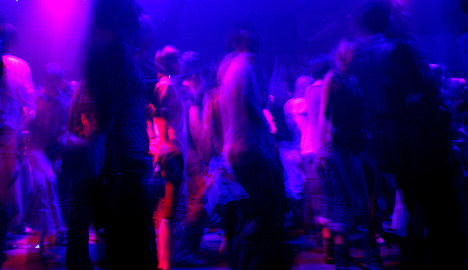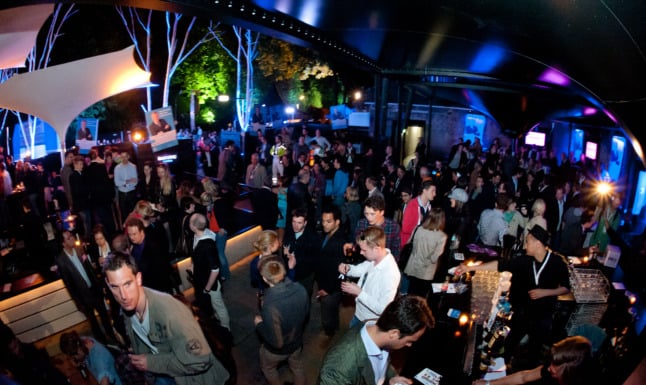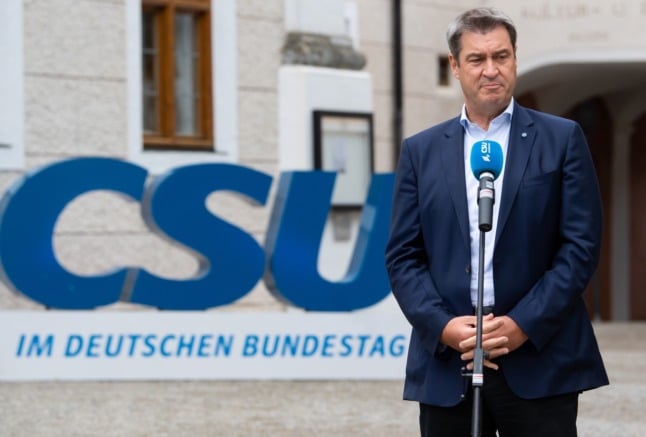Cities around Germany will celebrate on Saturday the Day of Open Monuments. Visitors will get to freely tour some of Germany’s most historic churches, theatres, museums, cemeteries and in Berlin, something more unusual – its clubs.
Between Friday and Saturday, the Berlin Club Commission is offering free tours during the day of eight of the capital’s nightlife spots that have made it famous for partying – including notorious sex club KitKatCLUB and one of the city’s oldest joints, SilverWings.
“The clubs themselves have a great economic value for Berlin. Tourists come here for them as much as for the Brandenburg Gate,” Eberhard Elfert from the Club Commission told The Local.
“But the club culture and buildings also have a great historical value.”
Elfert explained that a big part of the spirit of the Berlin club culture has been about preserving old buildings the way they were in a bygone era. Chaltet, Club der Visionäre and Arena clubs are housed in a former recreational area in the city where urban infrastructure was later built.
Chalet is located in a Prussian-built tollhouse that still maintains the original architecture.
KitKat also, for example, preserves a part of the “daily life of East Berliners” during the Cold War, Elfert said. The club resides in a building that once had an entrance to the Heinrich-Heine-Strasse U-Bahn in its basement. The entrance was then closed up in 1961 with the construction of the Berlin Wall and the division of the city.
When KitKat eventually moved in after the fall of the Wall in the 1990s, the club owners refused to allow the entrance to be opened back up. Thus, the club still in a way reflects this Cold War time period, Elfert explained.
SilverWings at Tempelhof airport dates back to the city’s post-Second World War era when American soldiers were stationed in Berlin and later used Tempelhof for the Berlin Airlift of supplies to West Berlin. It became a popular nightlife spot for Yankees, selling cheeseburgers and French fries – and country music legend Johnny Cash even played there.
“The history of the club scene is also a political one,” Elfert said.
The Club Commission normally hosts tours of the Berlin club scene, but without going inside the venues. This weekend will be the first time they're opening their doors as part of the Day of Open Monuments.
Those interested in the Friday and Saturday tours are asked to register at clubkultour.de.
“It’s important to see these clubs, not only because of the club culture,” Elfert explained, “but also because of their value as monuments.”




 Please whitelist us to continue reading.
Please whitelist us to continue reading.
Member comments